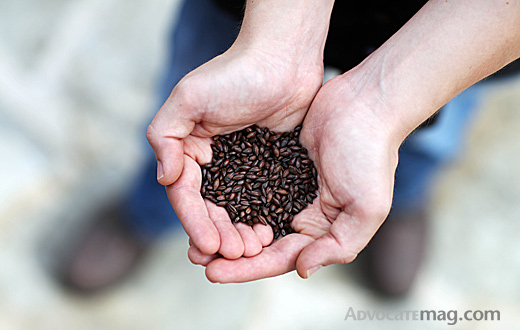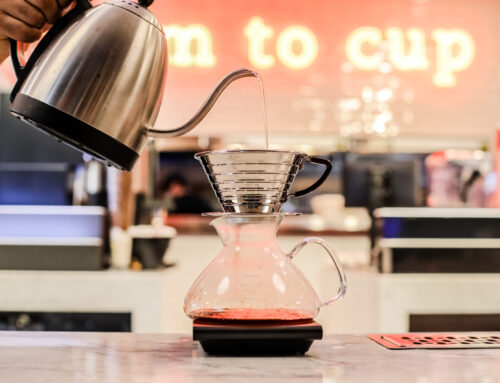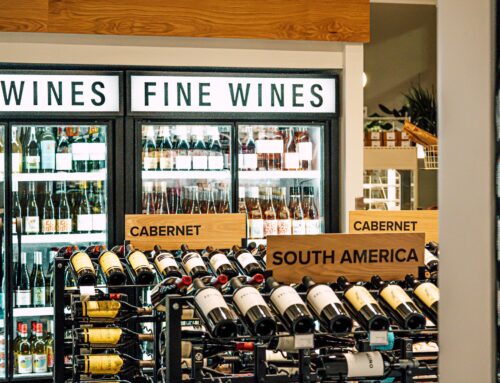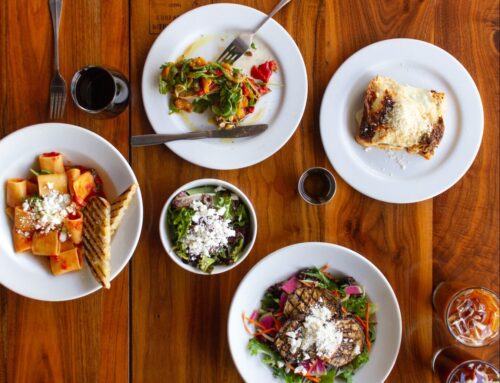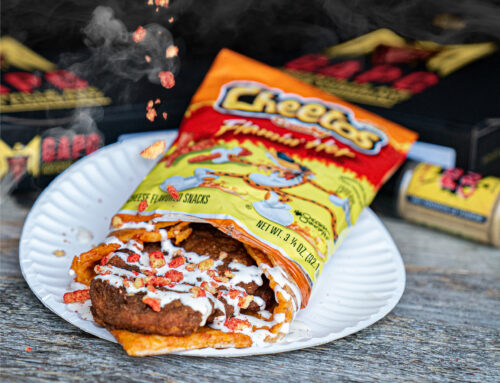Beer is the next big do-it-yourself trend
[youtube]http://www.youtube.com/watch?v=nLhb6vWF4G0[/youtube]Wim Bens lives in an adorable remodeled White Rock Lake-area home with his pretty wife who will give birth to their first child in September. Bens, a 33-year-old who recently quit his full-time advertising job to pursue his true passion, beer, is part scientist, part artist and part entrepreneur. (Some scientists wear lab coats, but Bens looks more like a fraternity brother in plaid shorts, flip flops and a Brower’s Café T-shirt.) He hopes to take his love of craft beer brewing to the next level, by making a business out of it with his Lakewood Brewing Company (lakewoodbrewingcompany.com).
For now, however, he can’t legally sell his honey-tinted potables. That doesn’t trouble him too much. He, like many of his beer-brewing contemporaries in the White Rock area, doesn’t brew for profit.
Hopefully, that will come later, but for now he is content to perfect his product and share with friends (call it public relations) while he is working out the logistics.
“Most brewers [have grown] tired of all the bad expensive beer they drank in college, so they bought a beer kit and made their own — and these beginner beer kits make horrible, horrible beer,” he says. “But some stick with it and turn it into a sustained hobby.”
The process, he explains, is biochemical, culinary and artistic — “the miracle of life,” he says.
Inside the Benses’ home, an office (with shelves of books about craft home brewing, the science of brewing and the history of brewing, to name a few) and a compartment of the freezer (containing zip-locked baggies of grains and hop pellets) is dedicated to beer making.
Out back, long hop vines wind in and out of the patio trellis slats. Beyond that is the spotless, highly organized garage in which the magic happens.
Essentially, he explains, beer is made through the process of fermentation. He boils a grain-derived sugar solution called wort, adding hops for flavor and preservation. Then he adds the yeast, which goes to work eating the sugar and creating alcohol.
One can go from just-the-fundamentals to totally geeked out during this process. Bens leans toward the latter. After a course in advanced home brewing at the Siebel Institute, multiple brewing awards, and a diploma in Intensive Brewing Science and Engineering from the American Brewers Guild (which also required an apprenticeship that he fulfilled at Rahr and Sons in Fort Worth), he practices developing unique quality craft beers, which takes experience and patience.
“The first few batches I made when I first started were pretty mediocre,” he says. “After taking the courses, I switched to all-grain recipes, which gives you the result that the professional breweries get. It’s making something from scratch rather than a kit.” A home brewer is like a baker, in a sense, he says. “The big manufacturers are like Ms. Baird’s bread, while we are like the guy who hand makes the bread at your local bakery.”
The resurgence in popularity of locally made products might be tied in with the emerging home brewing trend, says East Dallas brewer Robin Gill Lacy, who recently led a beer brewing class at Oil and Cotton Creative Exchange in Oak Cliff.
“The do-it-yourself expansion is creating interest in all types of homemade products. Personally, I have this crazy idea of a modern day commune where everyone makes everything you need to live on — food, beer, quilts,” she says with a laugh. A chef by trade, Gill Lacy says she has always been interested in creating useful things.
“Brewing is kind of like cooking something for a couple of weeks.”
She thinks the craft- and home-brewing culture has probably changed over the years. When she first attended a meeting of the Home Brewers Association a few years ago, it seemed as if the group comprised mostly older, very serious men. But the class she taught last spring included a mostly younger set of men and women.
Like Bens, Gill Lacy can’t legally sell the beer, but she sometimes has brew-curious friends over to observe the process, and she drinks or shares her product.


